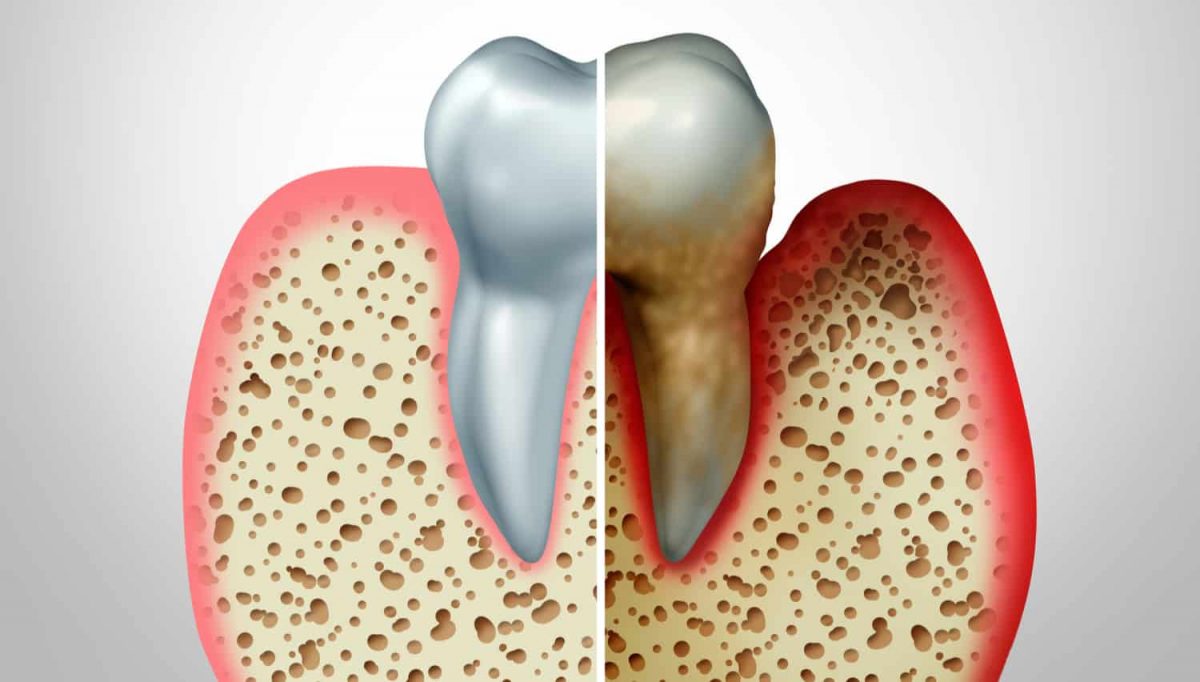Being diagnosed with sleep apnea is more common than you might think. Between 2-5% of women and 3-7% of men are affected by this condition, totaling around 22 million Americans. Surprisingly, up to 80% of people with sleep apnea remain undiagnosed, meaning the true numbers may be even higher.
The most common treatment for sleep apnea is a continuous positive airway pressure (CPAP) machine, but it’s not your only option. One CPAP alternative, the Vivos System, offers a new and innovative approach to treating obstructive sleep apnea (OSA). Here are five reasons why you might want to consider an alternative to CPAP:
1. CPAP Machines Are Loud
CPAP machines are known for their noise, which can be disruptive to both you and anyone sharing your bedroom. Sleep apnea already leads to poor sleep quality and fatigue, so it’s ironic that a treatment could add to sleep disturbances. If noise is a concern, looking into quieter treatment alternatives like the Vivos System might be the right move.
2. The Mask Can Be Uncomfortable
Many patients find wearing a CPAP mask uncomfortable, which can make it harder to fall asleep or stay asleep. While adjusting the fit can help, it doesn’t always solve the discomfort. If you find the mask intrusive, an oral appliance like the Vivos System could offer relief without the hassle of wearing a mask.
3. Eye and Airway Irritation Is Common
CPAP masks often leak air, which can dry out your eyes and cause irritation. Additionally, the pressure from the CPAP machine can lead to dryness in your nose, throat, and mouth, and these symptoms may linger throughout the day. While there are ways to manage these side effects, many patients find them frustrating. A solution like the Vivos System avoids these issues by eliminating the need for a mask and machine.
4. CPAP Compliance Rates Are Low
Due to the discomfort and side effects, many patients struggle to use CPAP machines consistently. Inconsistent use means the symptoms of sleep apnea persist, putting your health at risk. If you’re not using your CPAP as recommended, an alternative like the Vivos System may be a more convenient and sustainable treatment option.
5. CPAP Doesn’t Cure Sleep Apnea
While CPAP machines help manage the symptoms of sleep apnea, they don’t address the root cause of the condition. You’ll need to use the CPAP machine every night for the rest of your life to control the symptoms. On the other hand, the Vivos System aims to treat the underlying cause of mild-to-moderate OSA, with many patients no longer needing treatment after completing the Vivos therapy.
A CPAP Alternative for Sleep Apnea
If you’re seeking an alternative to CPAP, the Vivos System could be the solution you’ve been looking for. This custom-made oral appliance works to correct the underlying causes of OSA and is a proven treatment for mild-to-moderate obstructive sleep apnea. Many patients find that after completing treatment, no further interventions are needed.
Visit a Vivos Dentist in Oro Valley
At Smith Dentalworks, Dr. Atty Smith is a certified Vivos dentist located in Oro Valley, AZ. She works closely with Vivos experts to help treat patients with sleep apnea. If you’d like to learn more about this innovative CPAP alternative, contact us today to schedule a consultation.



